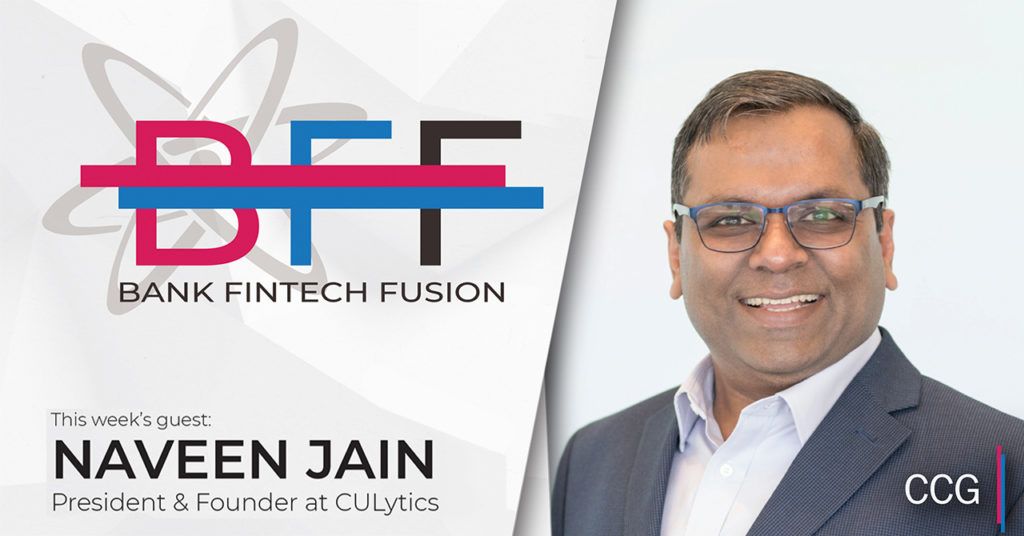A vetting guide for banks mulling fintech partnerships
The explosion of fintech startups in the last decade has transformed predictions that they would be disruptors to now, partners in banking — a critical element to the next evolution in financial services in the 2020s.
As many of these fintechs mature, banks will need to approach these newfound relationships more strategically, and with a modernized integration plan.
Already, more banks are waking up to the opportunity to partner with fintechs. One analysis found that the fintech adoption rate by small-to-midsize enterprises in the U.S. ranked second (at 23%), next to China (at 61%) among five major markets.
And the largest financial institutions have been increasingly devoting resources to venture capital investments in startups that are innovating in areas of strategic importance to their businesses. For instance, Goldman Sachs has acquired fintech startups like Clarity Money and Bond Street to bolster its Marcus online bank that launched in 2016.
This trend is spreading beyond the largest financial institutions to include regional and community banks. For example, the fintech startup Neocova, which provides a banking platform for community banks, recently raised $9.5 million in venture funding from a slew of such smaller lenders. Kansas City, Mo.-based nbkc bank launched its own fintech accelerator program, Fountain City Fintech, in 2018 that helps foster fintech-bank partnerships.
However, this period of growing collaboration between banks and fintech startups is still in very early days. Banks’ attempts to collaborate with startups can be slowed by bureaucracy, lack of communication across siloed departments, compliance concerns and challenges with technology integration.
Many banks don’t have a centralized function for vetting and managing startup relationships, leaving different departments and lines of business to form such relationships on an ad hoc basis. That can lead to conflicts between different groups with inconsistent processes.
For startups, the additional time it takes to close deals because of these issues means they are left hanging without the business partners and access to customers that can make them successful.
Banks will need to solve these issues to further grow their fintech collaborations and maximize value. Failing to do so could put their business at risk, as banks will increasingly compete on the basis of their ability to deliver superior digital experiences.
Keep reading on American Banker.
Subscribe to CCG Insights.








